B.Tech Telecommunication Engineering: Full-Form, Admission Process, Eligibility, Exams, Syllabus, Fees, Jobs, Top Colleges, Other Specializations
B.Tech
Telecommunication Engineering is a 4-year undergraduate diploma
application that makes a specialty in the study of basic principles of
networks, the infrastructure of Telecom, standards of mobile communication,
etc. The students who want to pursue
this course must complete their 10+2 level with Physics, Chemistry, and
Mathematics as main subjects from a recognized educational board or council
with a minimum 55% aggregate score.
Admission to
this direction is broadly finished on the idea of front examination overall
performance accompanied through the counseling round. Few reputed schools or
universities additionally provide direct admission to this path on the premise
of an advantage on the qualifying examination.
The common
training rate charged through the top-maximum B.Tech Telecommunication
Engineering colleges in India normally degrees among INR 90,000-1,50,000,
depending on the kind of institute. The authority's schools usually ask for a lot
less route charges than the non-public institutes.
After completing the B.Tech Telecommunication
Engineering course, students can find potential B.Tech Telecommunication
Engineering jobs in various government and private organizations such as
Electronics and Telecommunication Engineering, Telecom Security Engineering,
Telecom Sales Engineering, Software Engineering, Technical Support Manager, GSM
Engineering, Service Engineering, etc.
 4 Years
4 Years
 Under Graduate
Under Graduate
 Engineering
Engineering

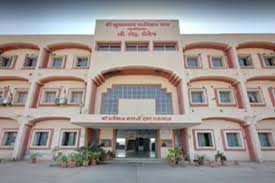
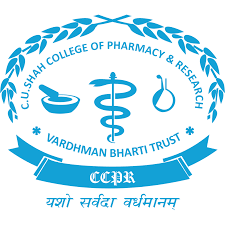
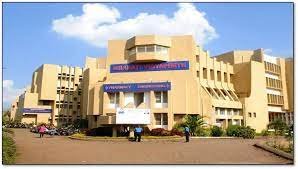


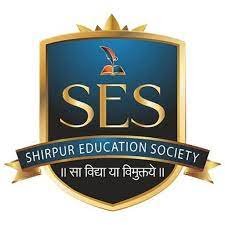
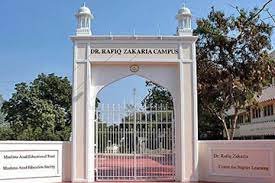
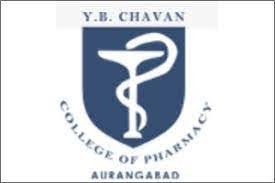

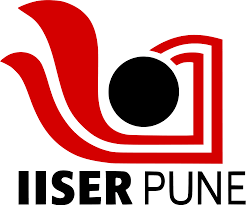
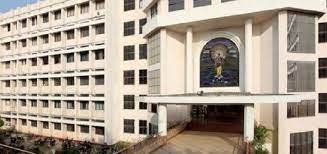


 back
back